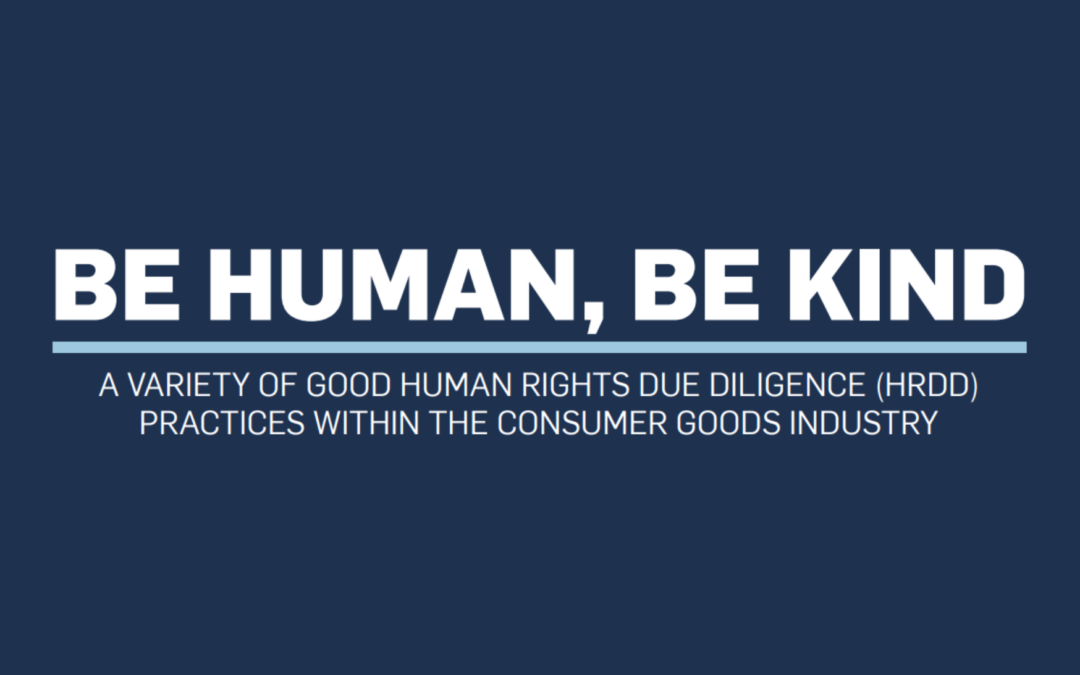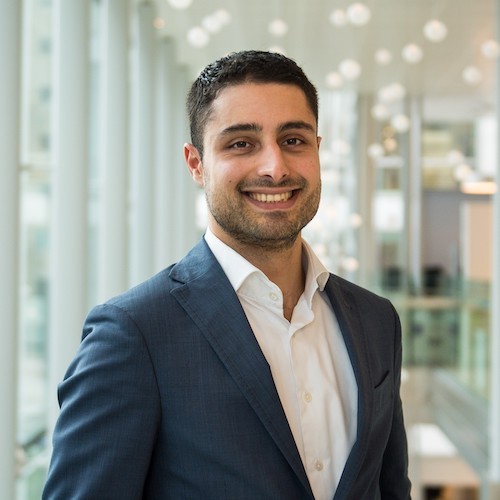
Report on Human Rights Due Diligence in the Consumer Goods Industry
BE human, be kind: human rights due diligence within the consumer goods industry
A report by the UN Global Compact Young Professionals Program
The Young Professionals Program team from the UN Global Compact, formed in January 2023, has released a comprehensive report outlining best practices for Human Rights Due Diligence (HRDD) within the Consumer Goods industry. The team, comprising of eight individuals from diverse professional fields, has devoted their expertise to elucidate and enhance the application of HRDD within the sector.
The objective of this initiative is to foster a more principled and ethical business environment, considering the complex nature of the global Consumer Goods industry, with its intricate and extensive value chains. Monitoring and resolving potential human rights violations across these chains are complex tasks that span multiple geographies and supplier tiers.
The report presents an analysis of various approaches towards HRDD from entities within the consumer goods industry, shedding light on the best practices adopted by these organizations. The guiding principles for this report are the United Nations Guiding Principles (UNGPs) on Business and Human Rights. The report showcases strategies that exceed mere compliance and contribute significantly to advancing this agenda globally.
The methodology uses six steps of HRDD, as defined by the OECD, providing a foundation for the analysis. These steps serve as an insightful guide, presenting exemplary practices implemented by consumer goods companies, therefore creating a robust blueprint for successful HRDD implementation.
On the 21st of February 2024, the report was officially released during a launch event with talks from Human Rights experts Jamie Holton and Thijs van Brussel.







